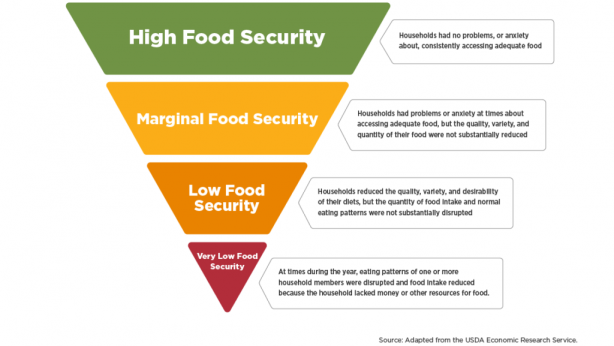How to support a child who has witnessed violence
- Healing begins with relationships. The adult helping relationship is the most powerful tool we have to assist children in healing from traumatic events.
- Help children know what to expect. Provide a highly structured and predictable home and learning environment for children.
- Let the child know that it is OK to talk about what has happened. When children are ready, it helps to be able to talk about the violence in their lives with trusted adults.
- Give parents support. Help parents understand that young children think differently than adults and need careful explanations about scary events.
- Foster children’s self-esteem. Children who live with violence need reminders that they are lovable, competent and important.
- Don’t try it alone. Identify and collaborate with other caregivers in the child’s life.
- Teach alternatives to violence. Help children learn conflict resolution skills and about non-violent ways of playing.
- Model nurturing in your interactions with children. Serve as role models for children in resolving issues in respectful and non-violent ways.

